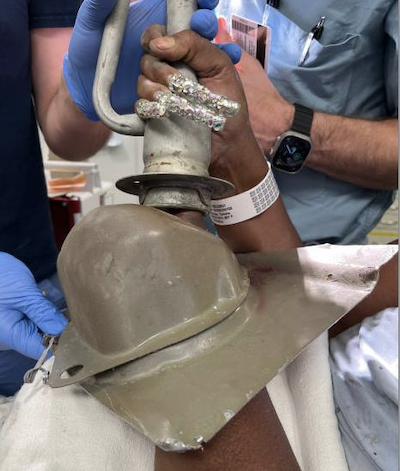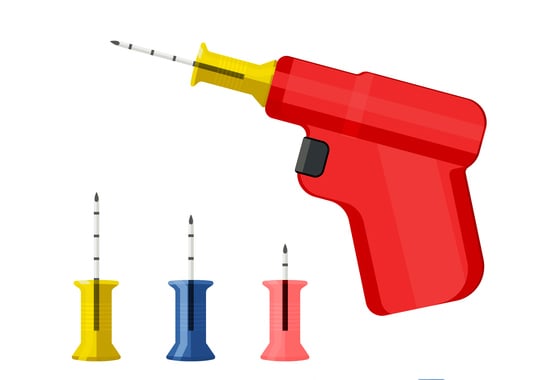Submitting A Publication or Pocket Guide Idea
EMRA is accepting proposals for clinical resources (books or cards). In particular, we are searching for unique material that is not available from other sources. We are NOT currently accepting textbooks or publications not designed for bedside or on-shift use. If accepted for publication, the final form of the publication (e-book, print, etc.) will be determined by the EMRA staff with the direction of the EMRA board. Please download and complete the the form below to get started.
Please submit completed book proposals to emra@emra.org.
Get the EMRA Publication Proposal Formpdf 107.52 KB
Related Content

Mar 23, 2025
Severe Finger Entrapment in Gas Filler Cap Valve of 2003 Ford Expedition
How do you manage a case of a patient's finger stuck so completely in a Ford Explorer gas valve that EMS arrives with part of the vehicle attached to your patient? Hint: Consider the use of a nasopharyngeal tube, an angle grinder, and DoorDash.

Nov 02, 2022
Critical Care Alert: A Randomized Trial of Drug Route in Out-of-Hospital Cardiac Arrest
Every minute counts for long-term outcomes in out-of-hospital cardiac arrest. Does the route of administration for lifesaving medications play a role? This EMRA Critical Care Alert dives into the PARAMEDIC-3 trial, comparing outcomes in OHCA patients who were treated with intraosseous access versus intravenous access.





